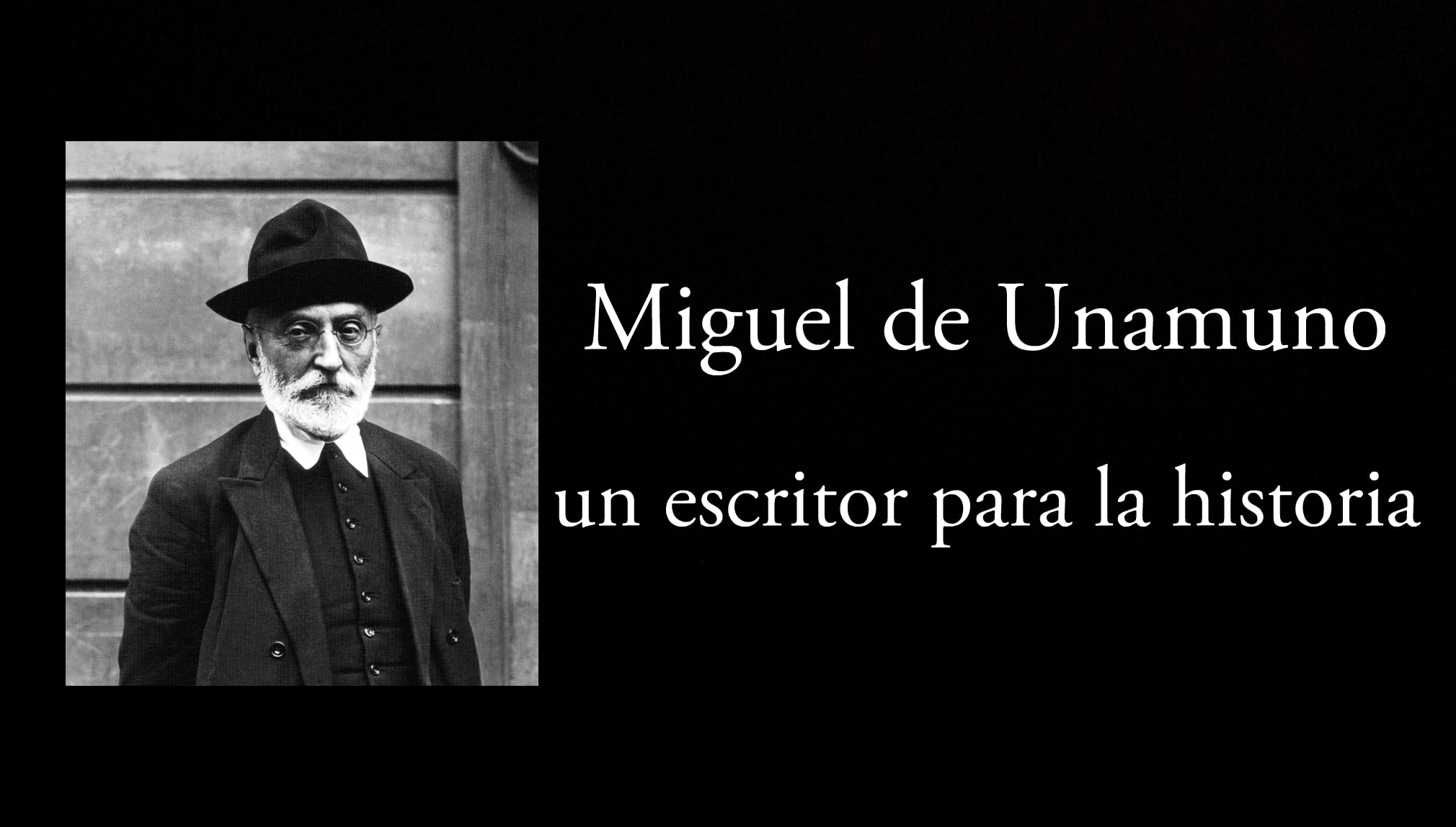
Miguel de Unamuno, a writer for history.
To speak of Spain is to make an unequivocal reference to the cradle of good literature, and if we refer to its creators, Miguel de Unamuno stands out among them for broad merits. This Bilbao writer born in 1864 was marked with the star of letters and philosophy, very deep in his blood.
Unamuno began his literary career 31 years after he was born, with his work Peace in war (1895) The critics received him with praise for the sharpness of his lyrics and the tenacity of his speech. With the same force with which the letters ran through his veins, the educational vocation overflowed, being the teaching of the language and history his passion.
Unamuno, between politics, controversies and letters
Miguel de Unamuno was no stranger to the political events of his country, his personality prevented it, as well as his convictions. It was for this reason that he was a member of the Spanish Socialist Workers Party (PSOE) for three years (1894-1897).
In the party he expressed his ideals and thoughts, well-defined lines that later cost him the dismissal of his position as rector, being put in prison and his subsequent exile. All this, initially, to express his support for the allies in 1914 (this cost him the position of rector). Then, in 1920, the writer spoke out in a publication against King Alfonso XIII (this caused him to be arrested).
Finally, in 1924 Unamuno was exiled by Primo de Rivera, the dictator. At first the mandate was for the writer to be sent to the Canary Islands, but Unamuno went to France. Such was the determination and potential of the letters and the thinking of the writer that the regime could not bear his presence and tried to drive him away.

Quote by Miguel de Unamuno.
A prolific work even in adversity
Despite everything that happened, Unamuno did not stop creating and producing. His creativity, just like Lope de Vega's, was tireless. Stand out among their creations Fog (1914) The mirror of death (1913) Tulio Montalban (1920) all worth reading to learn.
The rehearsals were not alien to him either, shining among these Life of Don Quixote and Sancho (1905) and Through the lands of Portugal and Spain (1911) Poetry was also pleasing to him, and in this genre they stand out Teresa. Rhymes of an Unknown Poet (1924) and Exile ballads (1928). He also wrote theater, being the sphinx (1898) and The other (1932) two of the most important texts.
They are, then, Unamuno's works, his life itself, the legacy that allows us to affirm that he is a writer for history.